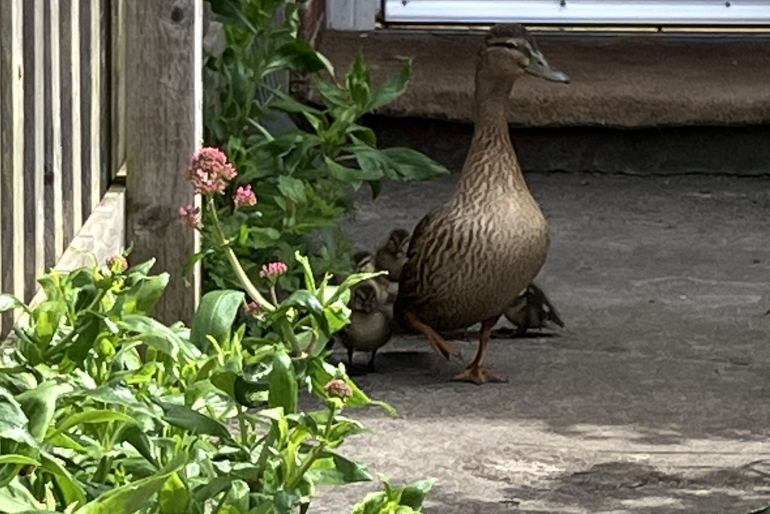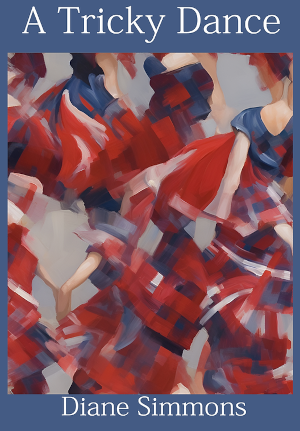 Contained within just forty pages, Diane Simmons’ novella-in-flash portrays a 1970s childhood and adolescence that shines with possibilities. Exploring the ways we discover, confound or eschew our assumed paths through life, Diane introduces us to Elspeth, not the richest and maybe not the smartest, the most popular or the prettiest, but very much the star of her own story.
Contained within just forty pages, Diane Simmons’ novella-in-flash portrays a 1970s childhood and adolescence that shines with possibilities. Exploring the ways we discover, confound or eschew our assumed paths through life, Diane introduces us to Elspeth, not the richest and maybe not the smartest, the most popular or the prettiest, but very much the star of her own story.
Diane seeds in the important details with a deft hand. In the second story, ‘Things in Common’, we learn that new girl Lorna “doesn’t mention her dad. Maybe she’s not got one. It’d be great not to be the only one in our class without a dad.”
The slim volume shimmies with what isn’t, who hasn’t and what can’t possibly be, with dreams held close to protect them from being quashed with mockery. This is a community where it doesn’t do to let others know you’re bolshy enough to crave the stars, as Rory, the one person who truly seems to see Elspeth for all wonder she contains, discovers when he’s reckless enough to admit to wanting to be an astronaut. “‘We don’t have rockets in Scotland, stupit!’ Jennifer sneered at him when he gave his answer. ‘We’re no America!’”
Elspeth wisely keeps her dreams to herself, for now.
This is a place and time where liking (or pretending to like) the right Bay City Roller sits alongside the practice of “guising” – going from house to house to earn some pennies with a dance or a song.
For Elspeth, ballet lessons seem as far out of reach as the moon, as she counts the coins in her piggy bank, “calculate what I’ll need for Guides, for the school trip to Edinburgh Castle, for my mum’s birthday next week. Maybe if I stopped Guides, sold my uniform, scrounged a few quid off Mum… And then I remember the hole in my school shoes, remember Mum’s face when I told her.”
There’s a huge amount of power in this matter-of-fact, uncomplaining tone. Elspeth is determined to find a way to dance, to get on and fit in, despite the challenges she faces, and that makes her hugely appealing as a protagonist.
In the early stories, the loneliness and treachery of playground rivalries and betrayals take centre stage, but before long Elspeth’s spirit and determination grow unmistakable.
The steadiness to the prose keeps you rooted in Elspeth’s world, where extra paper rounds and hand-me-down dancing shoes provide opportunities. Small triumphs come in the form of mastering Pythagoras, while letters written to the Jackie Magazine advice page manifest gifts as crucial and magical as any glass slippers.
Elspeth’s quiet confidence elevates these interlinked tales. As she heads to the football field and notice that one of the lads, Ewan, has the ball, she notes: “He always has the ball. And he’s always Jennifer’s dancing partner. But me and Ewan hang out some nights and play football – I bet he’d rather dance with me.”
The language pops throughout, painting Elspeth and her classmates in your mind’s eye as vividly as any description could. Filmic and absorbing, I felt I’d streamed a mini-series and binged it in one sitting, and was now desperate for Season 2 to drop.
A Tricky Dance by Diane Simmons is available to purchase here.
This book was given to me in exchange for a fair review.
What are you reading? I’d love to know. I’m always happy to receive reviews of books, art, theatre and film. To submit or suggest a review, please send an email to judydarley (at) iCloud.com.


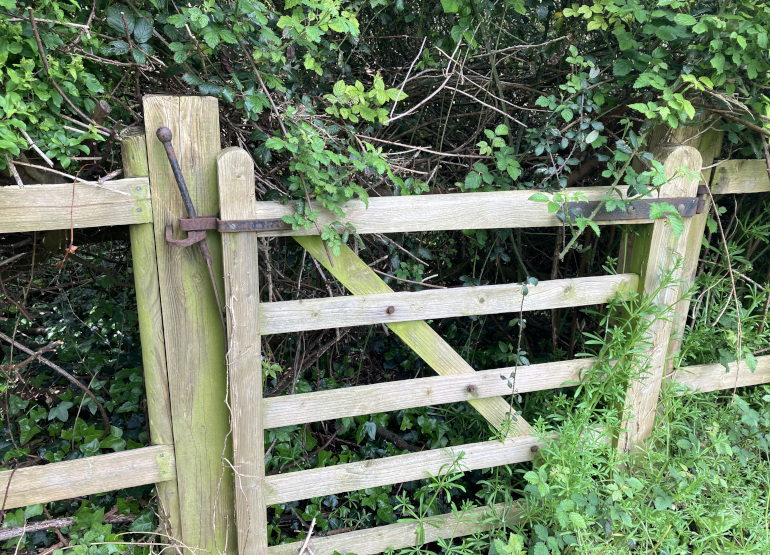
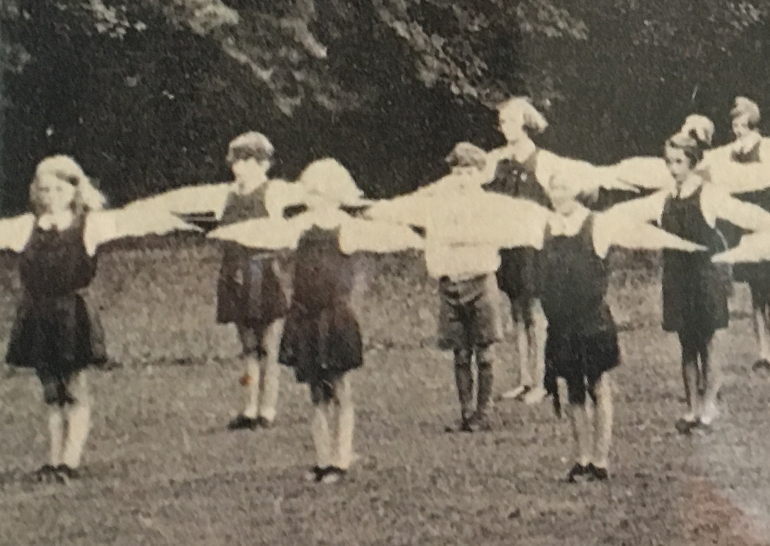
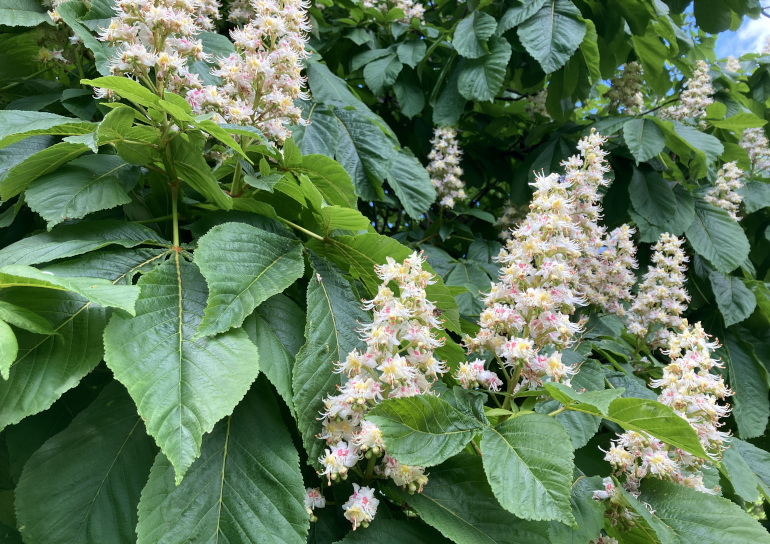
 Contained within just forty pages, Diane Simmons’ novella-in-flash portrays a 1970s childhood and adolescence that shines with possibilities. Exploring the ways we discover, confound or eschew our assumed paths through life, Diane introduces us to Elspeth, not the richest and maybe not the smartest, the most popular or the prettiest, but very much the star of her own story.
Contained within just forty pages, Diane Simmons’ novella-in-flash portrays a 1970s childhood and adolescence that shines with possibilities. Exploring the ways we discover, confound or eschew our assumed paths through life, Diane introduces us to Elspeth, not the richest and maybe not the smartest, the most popular or the prettiest, but very much the star of her own story.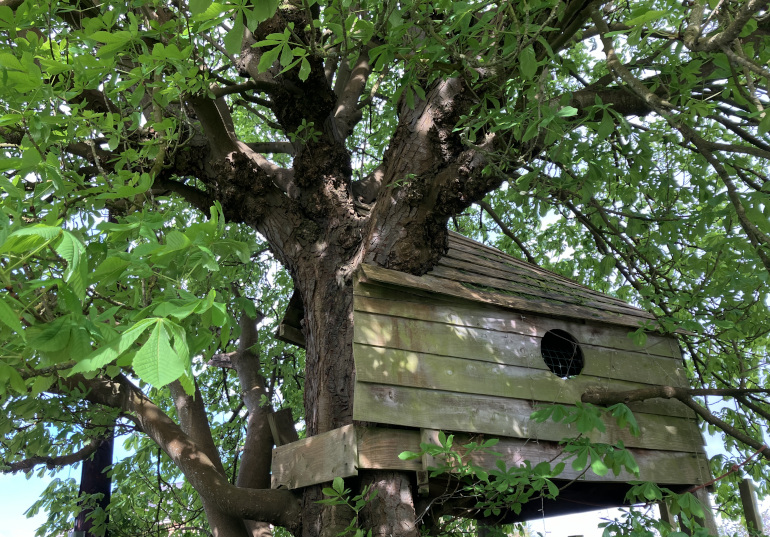

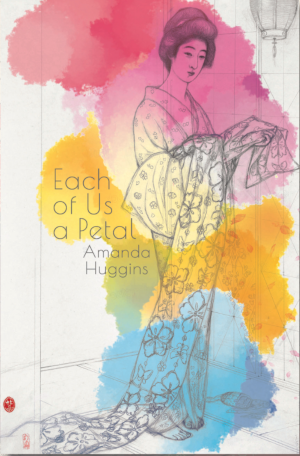 Whatever season you choose to read, or give, these stories by Amanda Huggins, the gently tended sentences will reward you with a deep sense of connection with nature. Each is a portrait of a character treading carefully through their own personal emotional landscape, set against the sensorial wealth of Japan. Amanda candidly reveals her own fervour for this country in the collection’s foreword and closing essay. Once you start reading the stories, you’ll find the author’s enduring interest in and passion for this country and the people who live or visit it seeping under your skin.
Whatever season you choose to read, or give, these stories by Amanda Huggins, the gently tended sentences will reward you with a deep sense of connection with nature. Each is a portrait of a character treading carefully through their own personal emotional landscape, set against the sensorial wealth of Japan. Amanda candidly reveals her own fervour for this country in the collection’s foreword and closing essay. Once you start reading the stories, you’ll find the author’s enduring interest in and passion for this country and the people who live or visit it seeping under your skin.